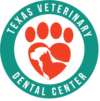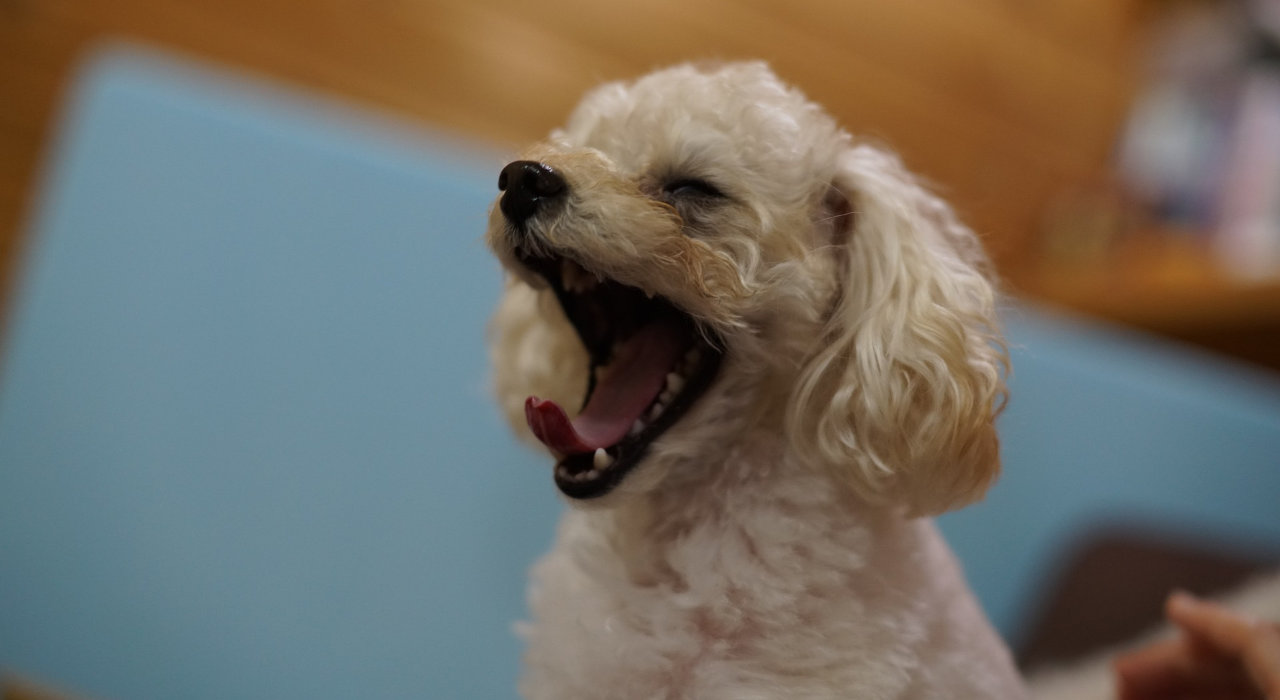Dental health is an extremely important aspect of your canine’s overall wellbeing. Studies estimate that 75-80% of all dogs will experience periodontal disease—a painful infection and inflammation of the gums that can lead to tooth loss and more severe health issues. The good news is that dental disease can be avoided if proper care is taken of your furry companion’s teeth.
As your local veterinarian dentist in the Houston area, we’ve been caring for the dental health of pets in our community for years. In addition to other skilled team members, Dr. Todd McCoy is a practicing board certified veterinary dentist, one of only two in the Houston area. He began a residency program in Veterinary Dentistry and Oral Surgery in January 2011, and completed the program in June of 2013. His special interests are periodontal disease, endodontics, and oral surgery.
Because we’re passionate about preventative medicine and practices, we’d like to recommend a few dog dental health tips that will help improve the quality of life for your canine.
Tip 1: Schedule Annual Dental Cleanings
Just like humans, dogs’ teeth are prone to disease and decay when they are not properly cleaned. A professional dog teeth cleaning involves an evaluation with full mouth radiographs of the oral cavity as well as scaling and polishing of the teeth under anesthesia. Since sixty percent of the tooth lies underneath the gum line, we want to make sure we can detect any and all issues that may be present. Conditions such as tooth root abscesses, tooth resorption, tooth fractures with pulp exposure, and oral neoplasia (cancer) are often only detected with a thorough exam.
Tip 2: Brush Your Pet’s Teeth Daily
You brush your teeth every day. Why would your pet’s oral health care be any different? Taking your dog for a yearly dental cleaning is essential to prevent plaque and tartar buildup from wreaking havoc. But daily brushing is one of the most effective ways to keep their teeth and mouths healthy in between cleanings. If you haven’t already incorporated this habit into your pet’s daily routine, we highly recommend it.
Tip 3: Provide Your Dog with Safe Dental Chews
Chew toys aren’t just for Fido’s entertainment. His innate desire to chew on things actually serves a tremendous purpose in keeping his teeth clean and healthy. If you’ve walked down the dental chew-toy aisle of your local pet store, you’ve probably noticed there are a plethora of options to choose from. But not all dental chews are created equal.
At Texas Veterinary Dental Center we highly recommend staying away from certain dental chews or chew toys that can easily fracture teeth, impale gums, or if swallowed, obstruct the digestive system. Avoid products such as bones, antlers, sticks or nylon that are hard on teeth and are known to result in fractured teeth and punctured gums. Instead, opt for a chew that is approved by the Veterinary Oral Health Council (VOHC). Such products will have the “VOHC” stamp of approval on them.
Tip 4: Buy Oral Health-Promoting Food and Treats
Store-bought pet food and treats are the most common cause of plaque development in our furry friends’ mouths. Unlike their wild ancestors and cousins, domesticated pets eat a diet high in carbohydrates. And those carbs break down into food that feeds harmful, plaque-inducing bacteria. The good news? While certain pet food and treats can lead to poor oral health, others can actually help promote good pet dental hygiene. Again, we recommend visiting the VOHC website or speaking with one of our skilled veterinarians when choosing the right food and treats for your pet.
With our state-of-the-art technology and compassionate care, Texas Veterinary Dental Center is fully equipped to handle everything related to dog dental health— from regular dental cleanings to complex dental procedures, as well as dental emergencies. Call us today to schedule an oral exam, a routine checkup, or any other procedure

